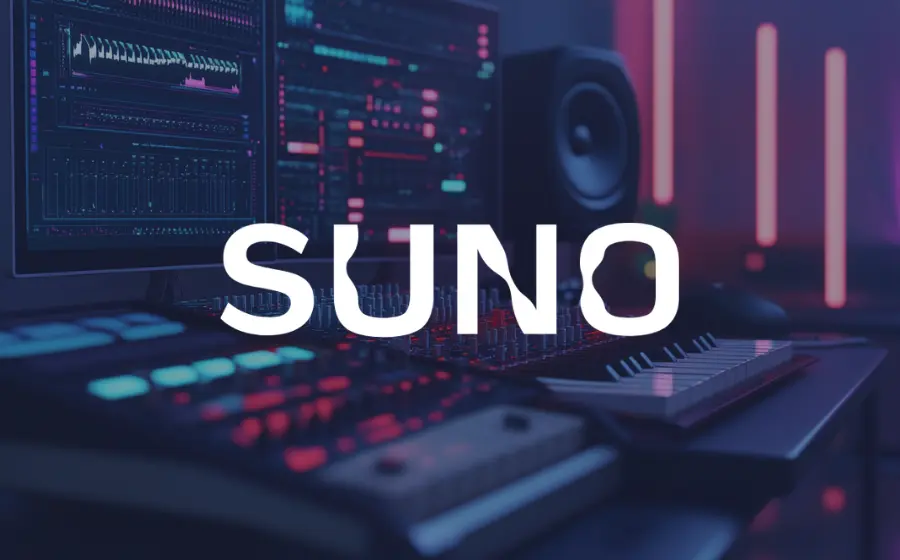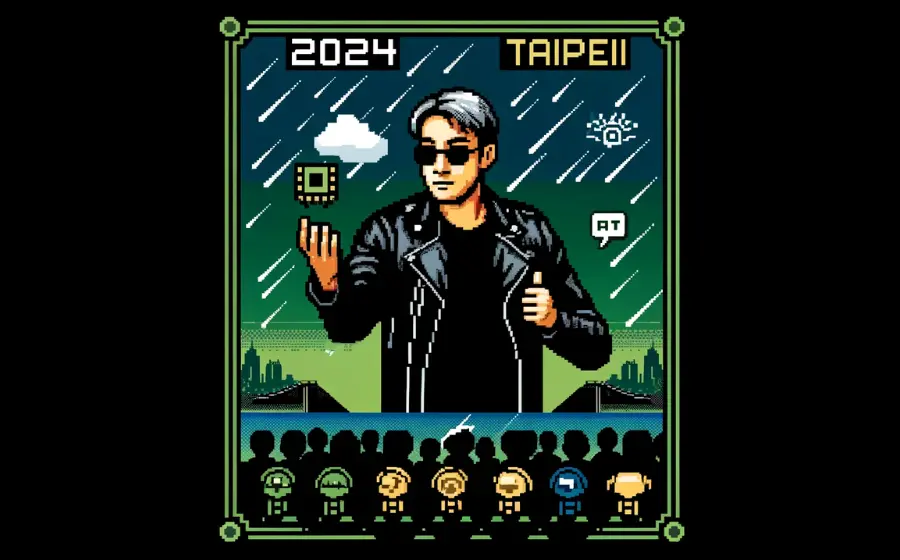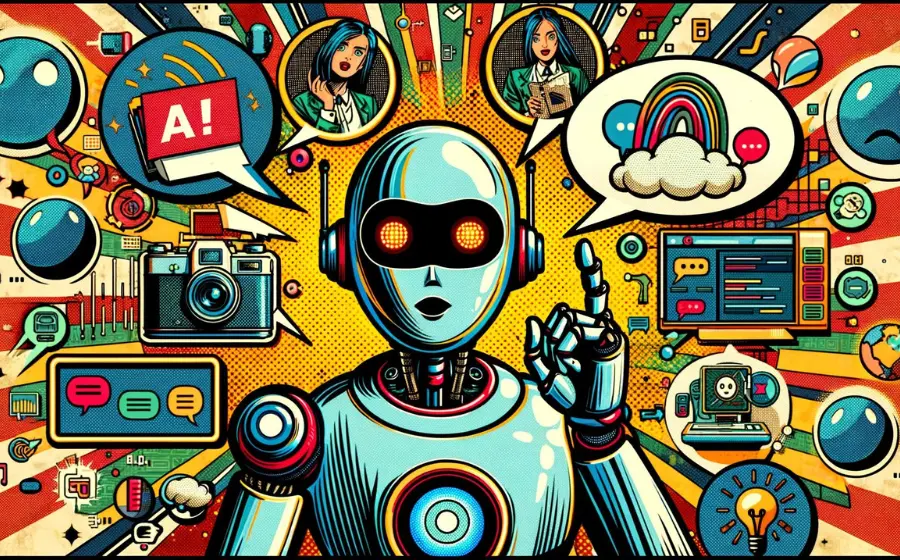
KEYTAKEAWAYS
- Suno files court response, claiming the lawsuit aims to suppress competition in music creation.
- The company argues its AI tool's use of copyrighted recordings for training constitutes fair use.

CONTENT
Suno claims the legal action by major record labels aims to stifle innovation in music creation. The company argues its AI-powered tool represents fair use and democratizes music production, while the industry sees it as a threat to their market share.
AI music startup Suno has responded to a lawsuit filed by major record labels, asserting that the legal action is an attempt to stifle competition and innovation in music creation. In a filing submitted to a federal court in Massachusetts on Thursday, Suno argued that its AI-powered music generation tool represents fair use of copyrighted material and democratizes music production.
The lawsuit, filed a month ago by the Recording Industry Association of America (RIAA) on behalf of Universal Music Group, Warner Music Group, and Sony Music Entertainment, alleges that Suno and competitor Uncharted Labs (developer of Udio AI) unlawfully trained their AI models on copyrighted sound recordings. The RIAA is seeking damages of up to $150,000 per infringed work, potentially amounting to billions of dollars.
Suno contends that while the record labels argue copyright infringement, the lawsuit actually reflects the industry’s opposition to competition. The company stated, “Where Suno sees musicians, teachers, and everyday people using a new tool to create original music, the labels see a threat to their market share.”
The AI startup acknowledges that its software was trained on “tens of millions of recordings,” likely including those owned by the plaintiffs. However, Suno argues that this process is “quintessential fair use,” as it creates a non-infringing new product through a back-end technological process.
The RIAA responded to Suno’s filing, asserting that there is “nothing fair about stealing an artist’s life’s work” and repackaging it to compete with the original creators. The trade group expressed concern that this approach could lead to a future where artists can no longer earn a living from their music.
Suno’s AI tool, which has been used by over 12 million people since its launch last year, allows users to generate complete songs with lyrics based on simple text prompts. This technology represents part of a broader trend of generative AI being used to create various forms of content, often leading to legal challenges and debates over copyright and fair use.
In a related blog post, Suno expressed surprise at the lawsuit, noting that it came while the company was in discussions with several RIAA-member record labels. The startup emphasized its belief that the music industry could help lead the expansion of creative opportunities rather than resisting technological advancements.
As this legal battle unfolds, it highlights the ongoing tension between technological innovation and established creative industries, raising important questions about the future of music creation and copyright law in the age of artificial intelligence.
>> Also read:
- OpenAI Endorses Senate Bills to Shape US AI Policy and Safety
- EU AI Act Published: Countdown Begins for Landmark Regulation
▶ Buy Crypto at Bitget
CoinRank x Bitget – Sign up & Trade to get $20!
















